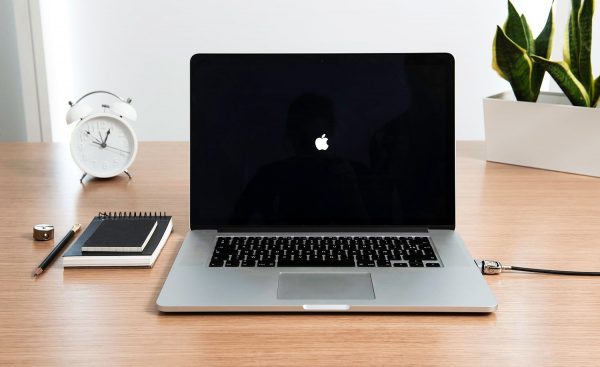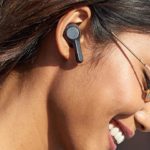How to Choose the Best Cable Lock for Your Laptop
Whether you operate an electronics business or you simply like to use your laptop on the go, investing in a cable lock is one of the best ways to protect your laptop from being stolen. This is a particularly challenging problem for electronics retailers or businesses that utilize POS/computer-based systems for CX (customer experience) purposes.
While many different cable lock manufacturers are offering similar products, not all of them should be considered similar. Just like with anything else, there are high-quality products that are built to last, and there are low-quality products mass-produced purely for the sake of profit.
Knowing what to look for in a cable lock (or any type of security hardware for electronic devices) is incredibly important when searching for a manufacturer to purchase from. We’ve created the following list of tips to help you make a more informed purchasing decision. We go into detail about which product features to look for, costs, and other considerations you should keep in mind.
Do You Know The Style of Lock Slot You Need?
Not all laptops/devices have the same type of lock slot. Different manufacturers often use different designs/formats (e.g. a Sony lock slot might be different from one in a Dell laptop). While there are several different types of lock slots, the most important factor in protecting your laptop isn’t which type of slot it has, but rather what the quality level of the actual lock you use is.
The most commonly used lock slot configuration depends entirely on the needs of the person and/or company. For example, a retail business with numerous interactive product displays (e.g. sample laptops) would benefit from having an enterprise-level cable lock solution.
In regards to in-office IT management, most IT professionals aren’t aware of the vast number of options available when it comes to cable lock systems. The hardware display industry has evolved quite a bit since its inception, with companies like Maclocks leading the way when it comes to physical security solutions.
Specific computer/electronics manufacturers typically use standard lock slot formats, with the exception of Apple. While Apple doesn’t include lock slots as an integral part of their designs, numerous third-party security companies have created an entire market around securing Macbooks.
If you’re in the market for Apple locks, you can check Maclocks for the perfect solution. The way that most of these Apple-based locks work is by including special attachments (which latch onto the laptop), and then securing the lock to those attachments. This is required because Apple does not include lock slots in their products.
Understanding the Types of Locks Available
When you determine which type of lock slot your device has, you can move to the next step of the process (choosing which specific type of lock you want to use). There are numerous different lock styles available on the market.
Some use keys, some use combinations, some are electronic, etc. This decision comes down to your personal needs (or the needs of your organization). Most manufacturers make numerous different lock designs, all of which feature different product capabilities (e.g. sensor-based, electronic-based, lock/key, etc.).
Many organizations prefer to go the old school route (i.e. using a lock/key combination). This is because the locks can be set up with a master key (allowing your company’s IT head to easily gain access to any locked machines). This lock style is also a popular choice among retailers and other businesses that use electronic devices as a part of their customer experience.
Several companies also create locks (cable-based in addition to other styles) that work on multiple device types (e.g. iPads, POS systems, etc.). For retailers, these locks could be a saving grace (especially if they operate heavily-trafficked locations – which are always prone to theft). Maclocks is considered an industry leader when it comes to providing cable lock systems for retailers, mid-sized businesses, and everything in-between.
If you’re a retail business (or otherwise include electronics into your CX strategy), you can most likely negotiate with a cable lock manufacturer for lowered prices (on bulk orders). Personal-use cable locks can be bought for fairly low prices via any major online retailer (however you can always find deals directly on the manufacturer’s website).
Conclusions
It really doesn’t matter what type of device you use personally (or your business uses). Your devices need to be protected, and the best way to do this (physically) is by using security hardware (i.e. cable locks).
While you might think that some of your devices don’t need a lock, you’d be wrong. Businesses will always be subject to theft, and with the ever-increasing usage (and value) of electronic devices, security needs to be a top priority.

















